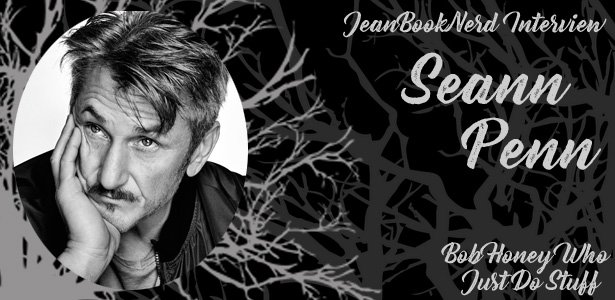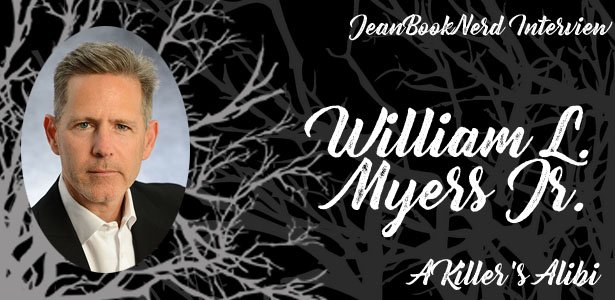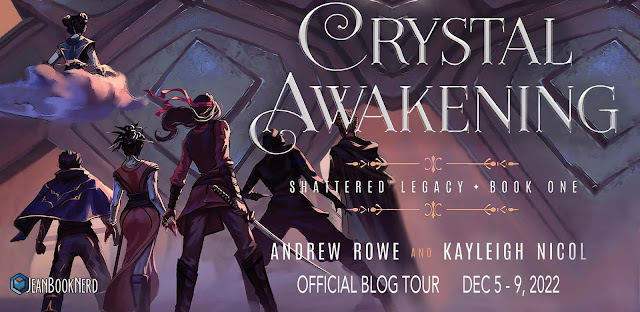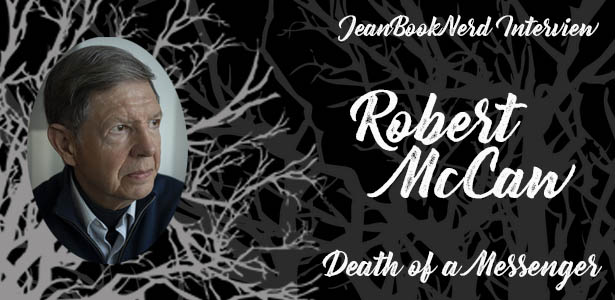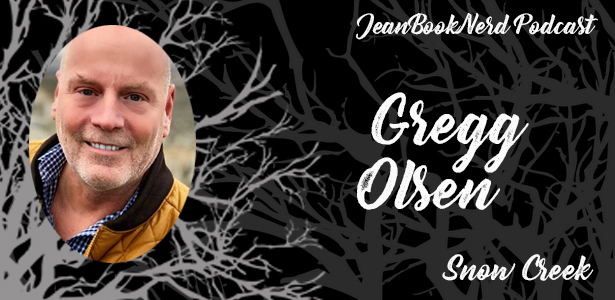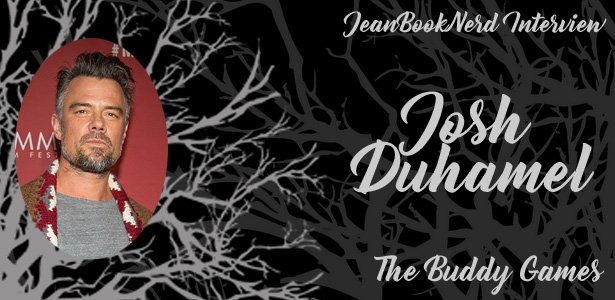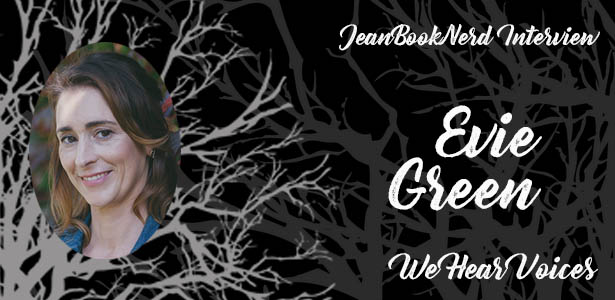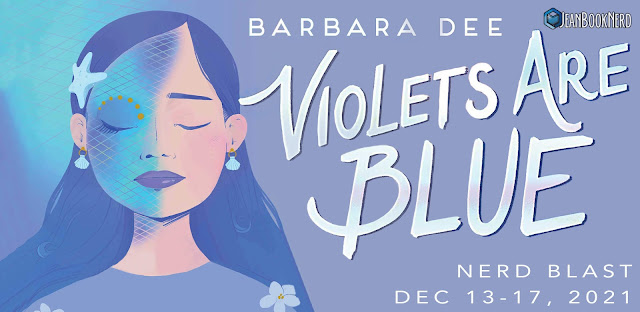Lissa Evans grew up in the West Midlands. She comes from a family of voracious readers and spent most of her adolescence in the local library, thus becoming well read if not wildly popular.
After studying medicine at Newcastle University, she worked as a junior doctor for four years, before deciding to change to a career in which she wasn’t terrified the entire time; a job in BBC Radio light entertainment followed, and then a switch to television, where she produced and directed series including ‘Room 101’ and also ‘Father Ted’, for which she won a BAFTA.
Her first book, ‘Spencer’s List’ was published in 2002, and since then she has written four more novels for adults (one of which, ‘Their Finest Hour and a Half’, was filmed in 2017) and three novels for children. She lives in London with her husband and two daughters. She still reads voraciously.

Stories add an extra dimension to life: – if you read stories, then the most ordinary object can have a dozen meanings and every staircase can lead to fifty different destinations. Storytelling is like having a kaleidoscope in your pocket.
What’s one thing that readers would be surprised to find out about you?
I used to be a medical doctor. In one of my jobs, I spent quite a few months looking after teeny, tiny babies in the premature baby unit and ever since then, ordinary babies have always looked enormous to me: - a bit like Mr Stay Puft, the marshmallow man in the film Ghostbusters.
When did you write your first book and how old were you?
I was 39 and the book was called ‘Spencer’s List’. I’d always wanted to be a writer, but I kept getting side-tracked; after being a doctor, I became a radio director and then a television comedy producer – and then at last I decided to clear a great big space in my life and sit down and do what I’d always really, truly wanted to do. It was a wonderful feeling.
What was the greatest thing you learned at school?
No matter how difficult life is, you can always escape into a book.
How would you describe yourself in three words?
Mad about dogs.
In your new book; Horten's Incredible Illusions: Magic, Mystery & Another Very Strange Adventure (Stuart Horten #2), can you tell my Book Nerd Kids Community a little about it and why they should read your novel?
When I was nearing the end of ‘Horten’s Miraculous Mechanisms’, I realised that it wasn’t so much an end as another beginning : Stuart Horten had fulfilled his quest of discovering his great-uncle’s magician’s workshop, but what on earth was he going to do with the extraordinary illusions he’d found there? And how could he actually prove they were his? The ideas kept coming and Stuart’s triplet neighbours kept forcing their way into the story and suddenly I realised there was a whole new adventure waiting to be written – an adventure that was even more perilous than the first…(I don’t want to give away too much)
For those who are unfamiliar with Stuart Horten, how would you introduce him?
Stuart’s 10, small for his age and an only child. His mother’s a hard-working doctor and his father is excessively fond of sesquipedalia (long words) and when the family moves to the dreary town of Beeton at the beginning of the summer holidays, it seems possible that Stuart will die of boredom by the end of the week. Then he meets the identical triplet sisters (aged 10, tall for their age) who live next door, and things get even worse.
At which point he finds out something truly amazing about his family history, and begins a frantic quest to solve a series of clues and find his great-uncle’s lost legacy. It’s not cash, it’s not jewels, it’s a magician’s workshop – and somebody else wants to find it too, somebody who’ll let nothing get in her way…
If you could introduce Stuart to any character from another book, who would it be and why?
Milo, from ‘The Phantom Tollbooth.’ I think Stuart would just love the whole journey, and dreamy Milo would benefit from Stuart’s very practical, straightforward approach to life.
If you had to choose, which writer would you consider a mentor?
I’d choose George Orwell, who wrote ground-breaking fiction and non-fiction in beautifully clear and vivid prose. ‘1984’ is still one of the most chilling novels ever written, and incredibly easy to read, and ‘Down and Out in London and Paris’ is a funny, sad, rivetting account of a year spent living in poverty. Orwell said that good prose is like a window-pane – I always try to remember that when I write.
You have the chance to give one piece of advice to your readers. What would it be?
Just keep reading!
What's the best summer job you've ever had?
Picking strawberries; I ate most of them.
What scares you the most and why?
I’m more of a worrier than a scaredy-cat. I wake up at night fretting about pathetic little things which dwindle to nothing in the morning light.
What is your greatest adventure?
My greatest ever adventure was turning up on my own at a remote Kenyan village at 11pm one night to find that the friend I’d come all the way from the UK to visit wasn’t actually there. I don’t think that there were any lions in the vicinity, but I imagined quite a few….
when was the last time you told someone you loved them?
Last night, both children (just after telling them off about leaving their bedroom in a HUGE, APPALLING mess).
Who is the first person you call when you have a bad day?
My friend Kate, who is very wise, has 4 kids, shouts a lot, lives in the middle of nowhere and is the funniest person I know. Her text messages should be published in a 10-volume series, for reading when you feel miserable.
When was the last time you cried?
Watching the end of a film called ‘Millions Like Us’ which was made over seventy years ago. I’ve seen the film at least ten times, and I’ve cried every single time.
Where can readers find you?
The London Library, where I go to write. On sunny lunch-times you’ll find me eating sandwiches with my library friends under the shady plane trees of St James Square.
The workshop contains seven magnificent stage illusions, but when Stuart starts to investigate them, he discovers that each is the gateway to a magical adventure, with a puzzle to solve, and a clue to extract.
As the clues mount up, the adventures become riskier. Friendship is strained, and danger looms and Stuart has to decide what sort of prize he really, truly wants.

Horten’s Incredible Illusions is the fantastic follow-up to the delightful Horten’s Miraculous Mechanisms by Lissa Evans. Just like the first adventure of Stuart Horten, this was just as wonderful. Stuart realizes that the illusions he found within his great-uncle Tony’s workshop may be harder to keep. Since it is built on public land, they essentially belong to the village council. Only if Stuart is able to produce his great-uncle’s Will, he can prove that the shop belongs to him. Soon he learns that the illusions in the workshop leads to his Will and whoever finds these important documents will become the new owner.
The puzzles and mysteries in Stuart’s first adventure were truly mind-boggling and in the second book, they are moved a notch or two up. The element of a scavenger-like hunt to the mystery will have readers entwined to its web-like tangles of enigmatic adventure. Lissa’s writing style will place readers in a front row seat through all of the magical places Stuart goes through as he tries to unravel the puzzles that will lead him to clues towards his great-uncle’s will. This is the kind of book that ignites fire into the minds of young readers and it will be a bright display of fireworks. It was a nice to see secondary characters more involved like Stuart’s dad and the triplets. Character development provided much depth to the story. Lead by Lissa’s strong imagination, Horten’s Incredible Illusions will have the gears inside readers’ minds grinding in full motion and continue well after it is read.
You can purchase Horten's Incredible Illusions at the following Retailers:



